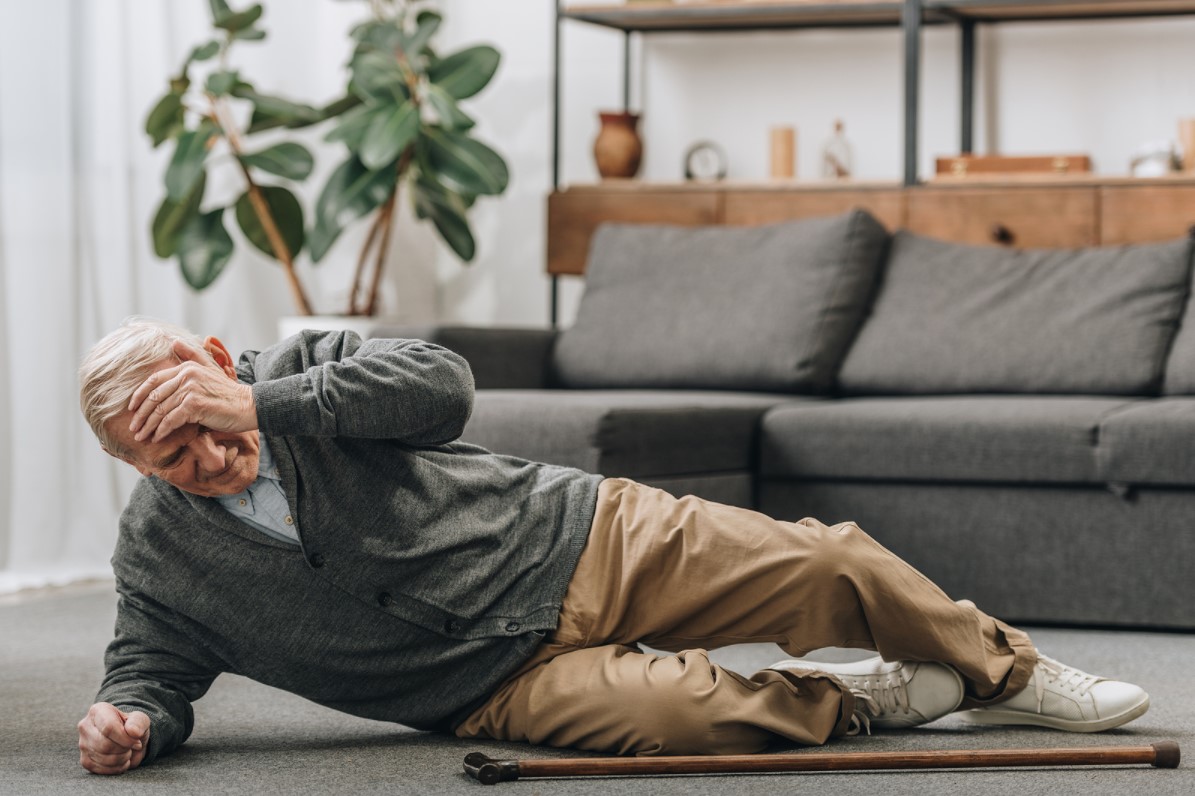So many factors affect whether your senior is more or less likely to experience a fall. It’s vital to have a full understanding of those main factors so that you can help your senior to do what she needs to do in order to be as safe as possible.
Health Issues and Medications
Health issues that affect your senior’s cardiovascular system, her neurological system, and any other part of her body can impact her ability to avoid a fall. And as if the health issues weren’t enough, there’s also the medications that she takes to help with those health conditions. The side effects from those medications can cause dizziness, lightheadedness, and may make it more difficult for your senior to keep her balance in other ways.
Physical Changes
There’s a lot that changes for your senior as she grows older, including her physical body. If some of her joints or muscles are weaker than they used to be, that affects her gait and her balance. Exercise can help with some of these issues, but make sure to talk to her doctor about it first. Her doctor can help you to narrow down the types of exercise that are best for her and how often she should be exercising. Senior care providers can ensure that your senior exercises safely and keeps a regular fitness routine, once his or her doctor approves.
Sensory Changes
As your elderly family member ages, there are sensory changes that happen, too. Your senior may start to lose her hearing, which can affect both cognition and her balance, and she may have trouble with her eyesight. If she has trouble with her sense of touch, it can be difficult for her to know where her feet are or whether she’s holding onto a handrail. All of these sensory issues affect how likely it is that she’ll experience a fall.
Environmental Issues
What is happening in your senior’s environment that can contribute to a fall? This can be issues like slippery rugs, cords on the floor, or lighting that isn’t bright enough for her needs. Look for issues that you can correct in your senior’s home that will help her to more easily avoid a situation that could lead straight to a fall. This can take a lot of adjustment on your senior’s part, so try to be patient.
Working with senior care providers can help you to understand and to accommodate your senior’s specific needs in terms of fall prevention. They can help you to spot issues and help your senior to maintain her independence.

